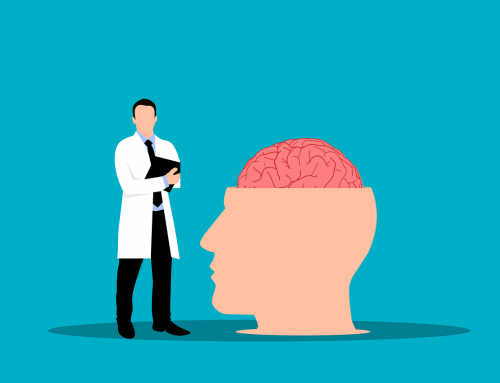Unexpected congestion, a symphony of brake lights, the flashing sirens of police and EMS vehicles. Accidents we encounter during rush hour may mean a frustrating start to our day as we slow for the broken glass and mangled metal along the roadway. But for the people behind the wheel of the crumpled car, anxiously awaiting medical assistance, it can mean weeks, months or years of emotional and physical pain ahead.
The most common cause of Post Traumatic Stress Disorder is not exposure to war or other forms of violence, but motor vehicle accidents. PTSD haunts the soul and disrupts normal ways of viewing the world. Sleep problems are the hallmark of PTSD, and we know nobody can function well with sleep deprivation. Fear of driving again can take months or years to overcome.
Fortunately, in Michigan we have No Fault insurance laws that provide for lifetime medical care for people injured in auto accidents. Services can run into the thousands, and in the most severe cases, millions of dollars. The lifetime cost for care of severely brain injured patients can reach $10 million.
Unfortunately, there is talk by some lawmakers and insurance executives about changing the Michigan No Fault law to operate more like the Michigan Worker’s Compensation system and place caps on care. That would be disastrous.
For the past 15 years I have had the privilege of providing psychological care for a vast number of people injured in serious car accidents. These patients usually come to me from referrals by other doctors or case managers.
Most doctors I talk to want nothing to do with the worker’s comp system since it appears to be totally broken and reimbursement rates are so low: The system so difficult to navigate, no one wants to be involved.
Patients injured while driving on the job often face years of protracted litigation where neither the worker’s comp system nor the auto insurance carrier want to pay anything for medical care or lost wages. The emotional stress of having to deal with the financial strain of unpaid medical bills and potential interruptions in wages can bring people to the breaking point, not to mention for many also having to shoulder severe chronic physical and emotional pain.
Typically auto accident patients who have PTSD battle with a lot of fear, depression, pain, sleeplessness, confusion and worry already. They and their family members have difficulty understanding and managing the impact of the accident on their lives.
The accident that made you late to work may mean for those injured in the accident the loss of: their occupation, their marriage, their home, their limb, and their ability to think, reason or behave as they once did. This is not something we want to think about on our morning or evening commute. But sadly for millions of people around the globe, this is their reality. We must do better in preventing accidents and responding to the victims. Subjecting accident survivors to the added stress of a worker’s comp-style insurance environment in not the way to accomplish that.
James Zender, Ph.D., is a Mount Clemens clinical and forensic psychologist with more 30 years of trauma experience.




